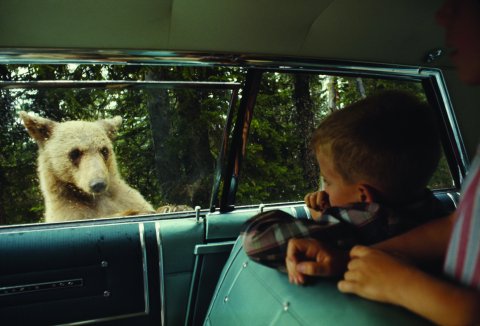
Yellowstone | The World's First National Park
Yellowstone National Park - A vast wilderness of natural beauty
On March 1, 1872 President Ulysses Grant signed into existence the world's first national park, Yellowstone National Park. The 2.2 million acres of wilderness was "set apart as a public park or pleasuring ground for the benefit and enjoyment of the people."
Yellowstone's name is historically credited to the Native Americans. The name is derived from the Yellowstone River, which has high yellow rock cliffs along its banks.
In 1872 the vast wilderness of the west was viewed by most Americans as something to be tamed, to be explored, settled, mined, logged, ranched and farmed. The west was not valued for its wilderness. It is remarkable that during such an age Yellowstone was set aside as the world's first national park, clearly an illustrative indicator of how unique and magnificent Yellowstone was perceived to be, even then.
In 1903, President Theodore Roosevelt visited Yellowstone and was awed at the beauty and wildness of the Park. The railroads were catering to Yellowstone tourists, taking visitors by the carloads to the Park.
In 1916, President Woodrow Wilson signed into existence a new government agency, the National Park Service, forever changing the administration of our national parks.
In 1917, only two years after the first automobile entered the Park, some 5000 people entered Yellowstone during the summer season.
